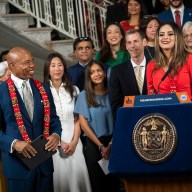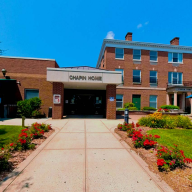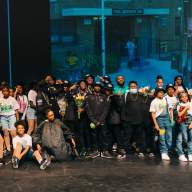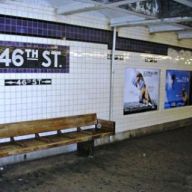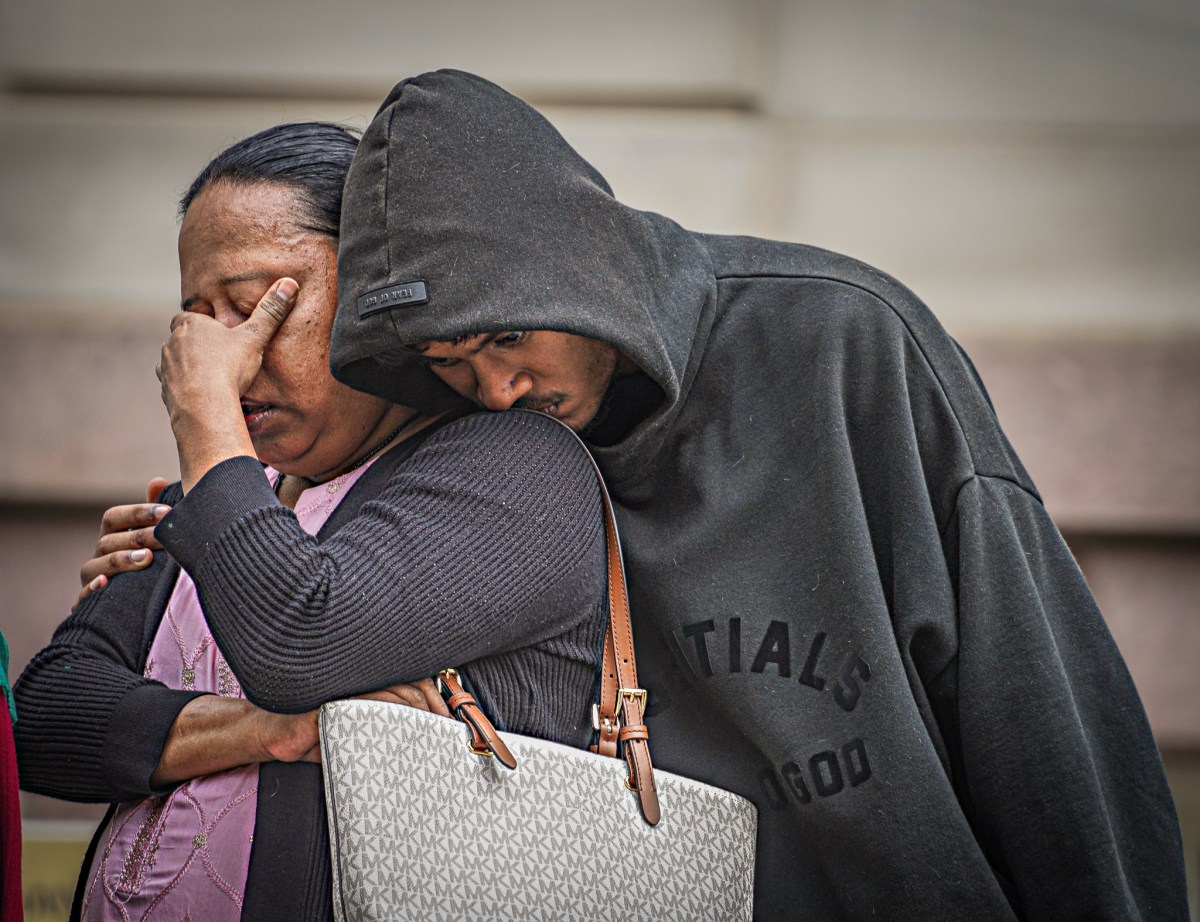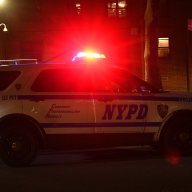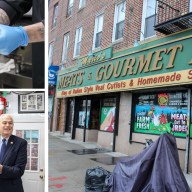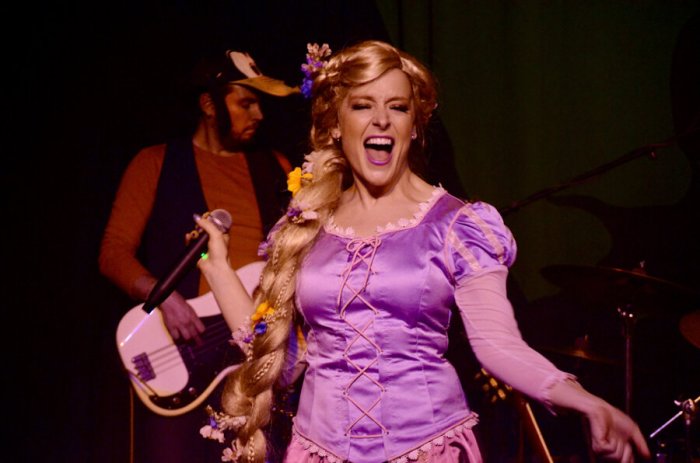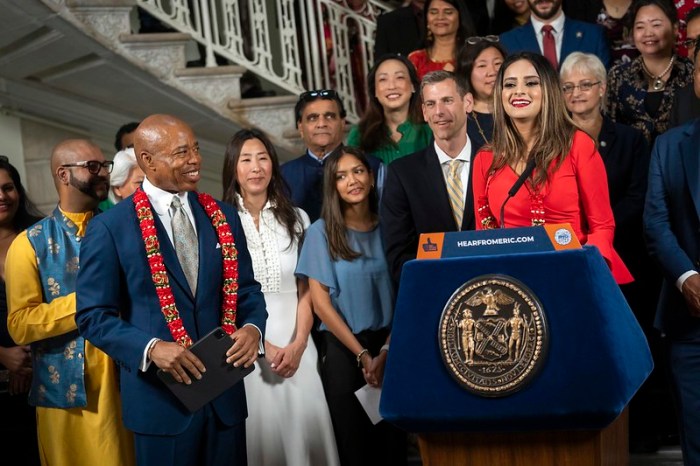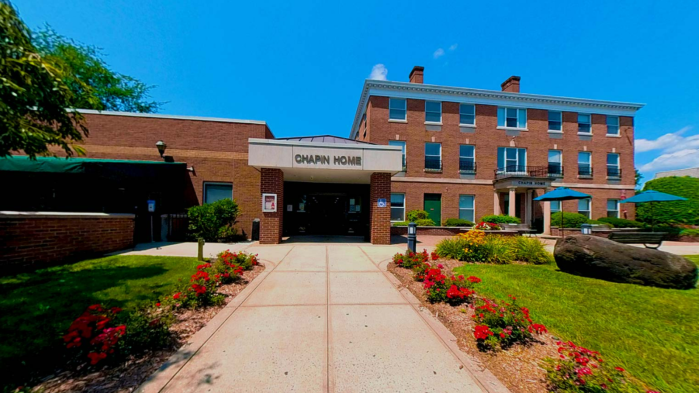A proposed change to the New York City charter spurred debate among Queens politicians, community activists and residents last Thursday during a public hearing at LaGuardia Community College. The revision would abolish party primaries for City offices. The change will be put up for referendum on election day if the charter commission, which convened on July 11, approves it following a period of public comment.
Under the plan, party affiliates would not be used on the ballot and members of all parties would run against each other in a non-partisan primary. Voters could not just vote along party lines without knowing who the candidates were. The two highest scoring candidates in that election would then vie for office in the general election.
For more than four hours, person after person took the mic. "In New York City there are 825,000 who are neither Democrats or Republicans," said Gerald Everett, Chairman of the Queens County Organization of the Independence Party, speaking in favor of non-partisan elections. "In Queens County alone, this number is 206,659. All of these voters are excluded in our current partisan scheme of elections, wherein primaries of the major parties determine the choices if not the outcome of the November elections."
Queens Borough president Helen Marshall, who spoke right after Everett, took the opposite position. "Most voters do not know everything a candidate advocates," she said. "But they can tell by their party affiliation." According to Marshall, without knowing party affiliations, voters might vote candidates who had advertised heavily.
State Assemblywoman Barbara Clark (D-Queens Village) agreed with Marshall. "Even if people dont know the issues, they at least know which party is more likely to support their interests." Clark said that many of her fellow African Americans were staunch Democrats because of that partys commitment to black issues, and that they needed to know who the democrats were on the ballot so they could support the party.
Lenora Fulani, a leader of the Independence Party of new York urged the audience to consider her view: Dont underestimate the constituents ability to understand." Some of those who spoke in favor of the change had tried to run for election under the Independence or Green party banners. Pleading for a fair chance they spoke of their difficulties in getting onto the ballot in November.
Twenty-year-old Barbara McKenzie, a registered Independent, said her friends were cynical about politics and did not vote. "I think I could encourage more people to participate if we had a more open system, she said.
Many concerned speakers expressed doubts as to whether there was enough time before Election Day to consider all the implications of the proposed changes.
"I believe that these proposals should be given more thought, deliberated upon more thoroughly and its potential effects should be examined more carefully," said Dalton Laluces, a student at LaGuardia. "Adequate time should be given for these proposals so that we do not hastily revise the citys charter without considering the foreseeable effects it might have on the future of our city."
The Charter Commission has heard from some experts in the field of voting rights. Before the public comments period at the hearing, Alan Lichtman, a professor of history at American University in Washington DC, spoke about his research into how non-partisan elections affected minority candidates. He said that his study had found that 82 of the 100 largest cities in the US used non-partisan elections for city offices. Of the 100 cities, 22% of those with partisan elections had minority mayors, compared with 27% of those with non-partisan elections.
Also, Mayor Glenda Hood of Orlando, Fla., who spoke to the hearing via telephone, said that in her opinion, the non-partisan elections in Orlando encouraged voters to analyze the issues more carefully before casting their ballots.
Councilman Bill de Blasio (D-Brooklyn) spoke to the contrary, saying that he had heard non-partisan elections depress voter turnout, because people are afraid they dont know enough about the candidates to cast an educated vote. He added that many minority groups in New York had found a voice and were represented in city office. Councilman David Weprin (D-Hollis) echoed de Blasios comments asking, "Why must we make such significant changes in our procedure? Is there a crisis?"
All the elected officials at the hearing spoke against the change. Most of those in favor came from parties other than the Democratic or the Republican party.

